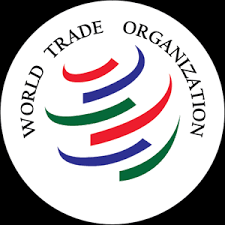
WTO -Trade restrictions at record high levels
A report which suggested that trade restrictions among the Group of 20 countries remain at historically high levels has been published by the World Trade Organization (WTO). It comes before a G-20 meeting in Japan later this week.
20 new trade-restrictive measures have been implemented by G-20 economies between mid-October 2018 and mid-May 2019, including tariff increases, import bans and new customs procedures for exports. This measures affected an estimated $335.9bn (£263.5bn) worth of goods – the second highest figure on record.
WTO Director, General Roberto Azevedo said “This report provides further evidence that the turbulence generated by current trade tensions is continuing, with trade flows being hit by new trade restrictions on a historically high level”.
“These findings should be of serious concern for the whole international community. We urgently need to see leadership from the G-20 to ease trade tensions and follow through on their commitment to trade and to the rules-based international trading system.”
Also, some important trade-restrictive measures are being considered for potential implementation. This further compounds the challenges and uncertainty faced by governments, businesses and consumers in the current global economic environment.
The G-20 members are: Argentina; Australia; Brazil; Canada; China; the European Union; France; Germany; India; Indonesia; Italy; Japan; the Republic of Korea; Mexico; the Russian Federation; Saudi Arabia; South Africa; Turkey; the United Kingdom; and the United States.

